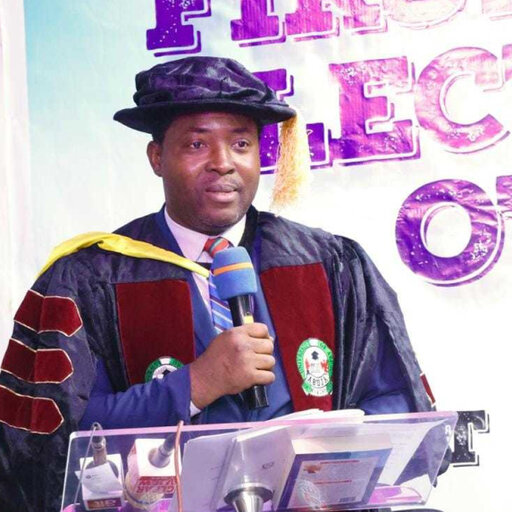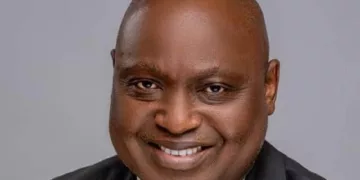A senior lecturer at the Nile University, Abuja, Dr Iroro Izu, has warned that Nigeria is drifting towards voter blackout, the highest degree of apathy a country can be afflicted with. This would lead to a situation where citizens lose faith in the voting system and prefer to do other things on election day instead of voting.
He asserted that Nigerians have experienced more of what could be described as voter burnout than turnout. Voter burnout calculates the degree of discomfort, inconvenience, uncertainty, and irresponsibility voters suffer on election day due to several factors.
Speaking at a policy dialogue on voter turnout analysis and programming, organised by the African Centre for Leadership, Strategy and Development in Abuja yesterday, Dr Izu insisted that something urgent must be done to address the poorest 26 percent of voter turnout in the 2023 general election.
The political scientist said Nigeria must strive to join countries like Rwanda, Kenya, Gambia and Ghana with high turnout during election.
He lamented that voter turnout during elections in Nigeria has been steadily declining, adding that Nigerians have experienced more of what could be described as voter burnout than turnout.
Izu said: “Voter burnout calculates the degree of discomfort, inconvenience, uncertainty and irresponsibility suffered by voters on election day due to the unusually long-drawn hours voters spend or wait to vote mainly because of delay in voting, inefficiency of election devices, incapability and corruptibility of election workers, rude activities of thugs, hooligans, touts, corrupt security operatives, colluding communities and logistical breakdown.
“When voter burnout is not quickly addressed, and it degenerates into voter meltdown, the direct consequence is that it will lead to voter blackout, the highest degree of voter apathy a country can be afflicted with – when voter blackout occurs, it amounts to a situation where citizens have lost faith in the voting system; they prefer doing other things on election-day other than voting.
“When this state is attained, it becomes inconceivable to convince someone to go out to vote, not necessarily because they feel that their votes will not count than the fact that there is no more drive, no energy to spare for a system that has taken upon itself the toga of perennial disappointment and waste.
The election expert said the government must live up to the demands of governance by bettering the people’s living conditions or circumstances.
“When governance fails, it means that government has failed, and when this trend becomes successive, making all previous governments resemble one another in failure, the voters will develop this complex that their votes do not translate to anything that brings meaning to their everyday lives.
“Time spent at a polling centre for balloting takes too long most times because of failed logistical issues borne out of the delay in the arrival of election materials, election workers, and the securitisation of polls. Massive voter education and sensitisation should be carried out to orient the voters on the importance of coming out to vote and ensure their votes will count.
“The number of polling units should be doubled to make voting centres more accessible to the voters, reducing time spent per voter at the polling unit, and the centres should be designed to ensure inclusivity.
“Adopting a single-day for all elections will also reduce voter burnout because it will be a one-off thing. When the days of voting are too many, it makes the whole process cumbersome, tortuous and exasperating.”
For his part, Monday Osasah, executive director of the Centre for Leadership, Strategy and Development (Centre LSD), acknowledged that at the heart of every democracy lies the fundamental right to vote—a right that defines citizens’ participation in shaping the society they desire.
Osasah said the ultimate authority resides with the people, who delegate their power to elected representatives through the electoral process, noting that the right to vote or exercise franchise enables citizens to fulfil this vital role.
He lamented that the history of elections in Nigeria, from the colonial period to the present, reveals a troubling trend: citizens are often denied the effective exercise of their voting rights, and their votes frequently fail to influence the final electoral outcomes.
“In numerous cases, candidates have been declared winners without reflecting the true will of the electorate. The first election was held in Nigeria in 1923.
As we have seen from past electoral cycles in Nigeria and many African countries, voter turnout remains alarmingly low.
“The data coming out from our study is telling. From the post-election analysis of Nigeria’s 2023 general elections, we identified critical issues such as weak voter education and poor communication from electoral bodies, lack of trust in the electoral process, challenges related to voter registration, PVC collection, and polling logistics, violence, insecurity, and disenfranchisement, gender disparities and underrepresentation of marginalised groups.”











